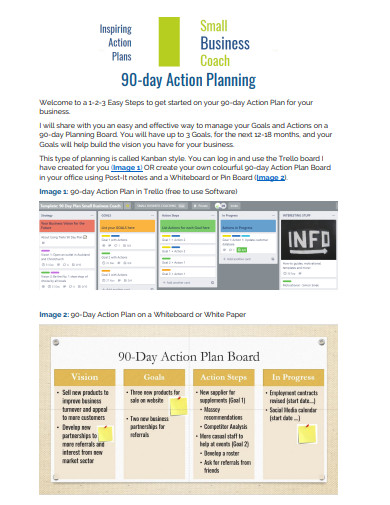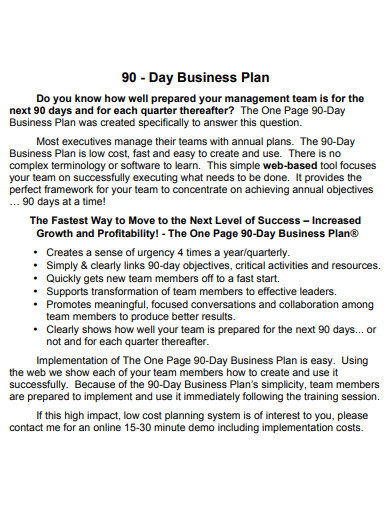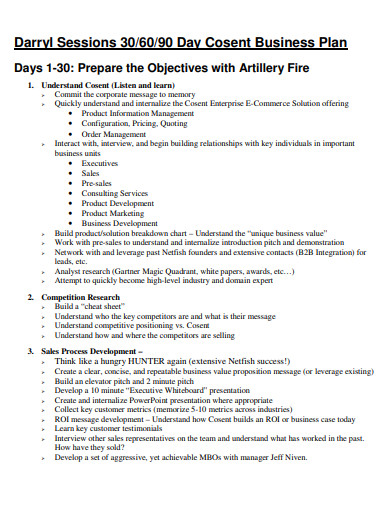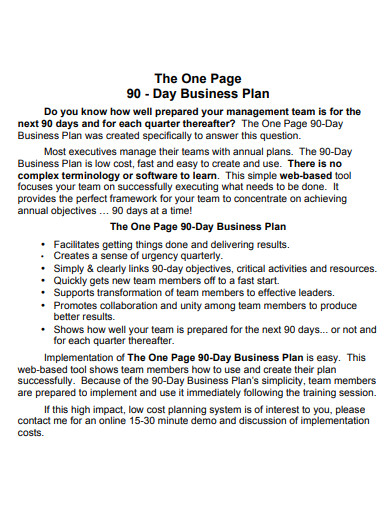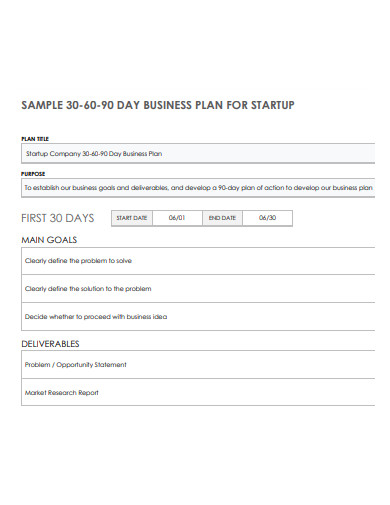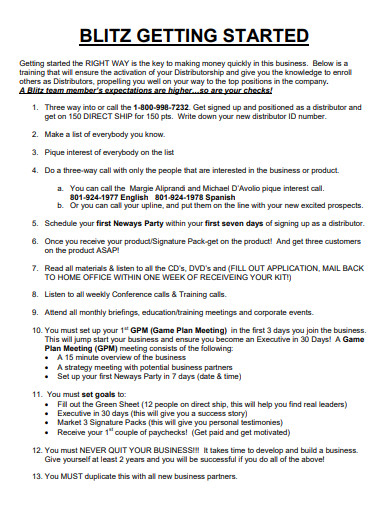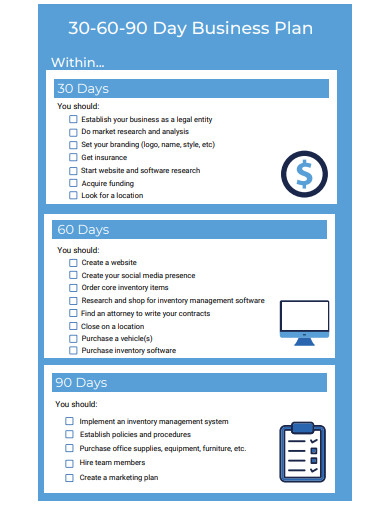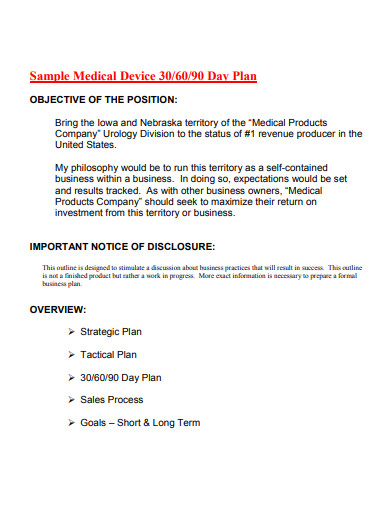Businesses are quite complicated entities to handle, especially if you really want your venture to succeed. It can be a bit overwhelming for business owners to keep track of every component that may be related to their business to make sure that everything is taken into account. That is why a lot of business owners opt to write and draft a comprehensive layout for a plan for their business. Regardless of the company’s shape, type, or size, whether it’s a startup business or a company with countless branches across different states, a layout keeps everybody that is a part of the company, especially managers and supervisors, on track with everything that the business might encounter throughout its duration. Planning ahead is always good business practice to keep your management from wasting any more time and resources into ventures and projects that might just end up failing after or even during development.
The layout or plan that I was just talking about is called a business plan. Business plans are documents that ensure the success and significant return of investment of the business that you are running. It sets up guidelines and parameters that the management can follow to reach any kind of milestone that the company has set for itself. Operating without a business plan is usually not a great idea, as it would just mean that you are diving into a venture without a clear plan or roadmap that would guide you. You would jut be setting yourself up for failure.
A well developed business plan can do wonders for your business. It makes sure that your venture stands the test of time and a lot more benefits that it can bring on to the table. But before you actually draft your document, make sure that you properly know it and is familiar with what the document looks like and how it works. Check out these 90-day business plan samples that we have listed below, and once you’ve gotten hang of the document, then feel free to use these samples as guides or may even be as templates for when you write a business plan of your own.
10+ 90-Day Business Plan Samples
1. 90-Day Business Plan

2. Sample 90-Day Business Plan

3. 90-Day Business Action Plan
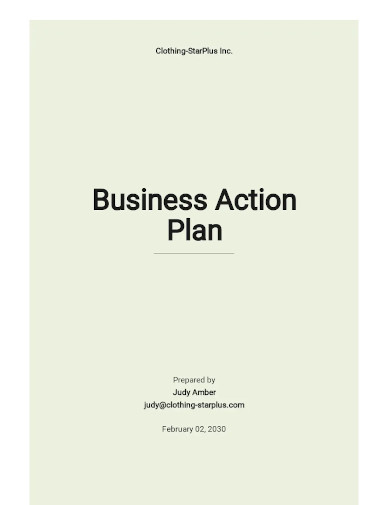
4. Sample 90-Day Business Plan
5. Simple 90-Day Business Plan
6. 90-Day Business Plan Example
7. One Page 90-Day Business Plan
8. 90-Day Business Plan for Startup
9. Basic 90-Day Business Plan
10. Formal 90-Day Business Plan
11. Medical Device 90-Day Business Plan
What Is a 90-Day Business Plan?
A business plan is simply a document that highlights and presents how a business or a company might choose to define its objectives and the steps that the management would take to reach those objectives. The document can work as a roadmap that the whole management can follow sticking to the parameters and conditions set by its different departments namely marketing, financial, and operational. Business plans can be very beneficial because it can also work as a document that can secure potential investments and partnerships even long before the business itself has been properly established. It’s a good way to secure additional funds and resources in the earlier stages of your venture’s development.
Though the document is most useful for startup businesses and companies, it is still generally recommended that every business, big and small, should be able to come up with their own business plan. Doing so will provide your management with a document or a tool that you can periodically update and review to see if you are any closer to the goals that you have set for yourselves, and at the same time, inspect how the circumstances that you have been working with has changed. A well written and well drafted business plan is one that is able to outline the projected goals of the venture as well as its estimated costs.
It should also be able to identify the pitfalls of any decision that the management has made in a given period of time. Despite the document being widely prominent in the business and corporate industry, it is still pretty rare to see business plans that are completely identical with each other, even with companies in the same industry. This is because almost every organization has their own way of solving and dealing with problems and issues that the management has to face.
Elements of a Business Plan
The length of a business plan would depend heavily on the overall nature and scope of the business that the document will focus on. Though the information within you business plan would fit just fine into 15 to 20 pages. And despite the fact that no two business plans are completely alike, most of them do operate with just about the same elements. These elements will be listed and discussed in more detail right down below.
- Executive summary
Your document should begin with an introductory paragraph that outlines details regarding what the company is and all other components that may be related to the business’ mission-vision values, company leadership, employees, operations, and the general location of where the business operates. Basically, an executive summary should talk about what the company is and what it ultimately stands for. - Products and services
This section is where the company should highlight the products and the services that the business will offer. Include pricing, product lifespan or duration of services, and customer benefits. Other factors may be included too such as manufacturing and production processes, as well as the patents and proprietary technology that the venture must have. - Market analysis
A business has to have a clear understanding of their customers and the general customer base. Identify their needs, and how well the business can provide for those needs. Proper market analysis will also give you an insight of how the local competition is going and will give you a better idea of how to stay on top of the competition. - Marketing strategy
Once you’ve analyzed the market thoroughly, it’s time to identify the strategies that you or your management will make in order to attract the general customer base and have them engaged with your business. Outline how your company will do this by presenting a clear distribution channel that includes marketing and advertising campaigns. As well as the mediums in which those campaigns will be disseminated through. - Financial planning
Your business plan should have a dedicated section for its finances and overall budget. A well laid out financial plan can be very attractive for investors, especially those who want to invest on ventures that has the capacity to return a good investment. Include financial statements, balance sheets, and other documents that may be related to your finances. - Budget
Every company needs to have a proper budget in place. Present costs, staffing, manufacturing, and other expenses that the company has made or might make.
FAQs
Who needs a business plan?
One of the many uses of a business plan is when your company or management is applying for a loan. A lot of lending companies require it, and even those who don’t explicitly require it, usually just expect it from you.
What are the five elements of a business plan?
- Situation analysis
- Market definition
- Product and services position
- Objective setting
- Strategies
What are the four types of business plans?
- Very short plans
- Presentation plans
- Working plans
- What-if plans
One last thing to remember when writing a business plan is that the document is supposed to be ‘live’. Meaning that your business plan should always be susceptible to change and is able to adapt to how the business grows and evolves. The writing process does not simply end when you’ve put all the components into paper. As long as the business uses the parameters that have been set by your business plan, the document is still being written.
Related Posts
FREE 9+ 30-Day Marketing Plan Samples in PDF | MS Word | Apple Pages | Google Docs
FREE 3+ Sales Team Action Plan Samples in PDF | MS Word | Apple Pages | Google Docs
Marketing Plan For Small Business Samples
FREE 7+ Fashion Business Plan Samples in PDF
FREE 10+ Sprint Planning Samples In MS Word | Google Docs | PDF
FREE 10+ Wedding Planning Samples in MS Word | Apple Pages | Powerpoint | PDF
FREE 9+ Monthly Study Planner Samples in PSD | Illustrator | InDesign | PDF
FREE 9+ Sample Curriculum Planning Templates in PDF | MS Word
FREE 10+ Teacher Development Plan Samples in MS Word | Google Docs | Apple Pages | PDF
FREE 10+ Basketball Practice Plan Samples in PDF
FREE 12+ School Business Plan Samples in PDF | MS Word | Apple Pages | Google Docs
FREE 7+ Client Strategic Plan Samples in PDF | MS Word
FREE 11+ Trucking Business Plan Templates in PDF | MS Word | Google Docs | Pages
FREE 7+ Small Hotel Business Plan Samples PDF | MS Word | Apple Pages | Google Docs
FREE 14+ Bakery Business Plans in MS Word | PDF | Google Docs | Pages

